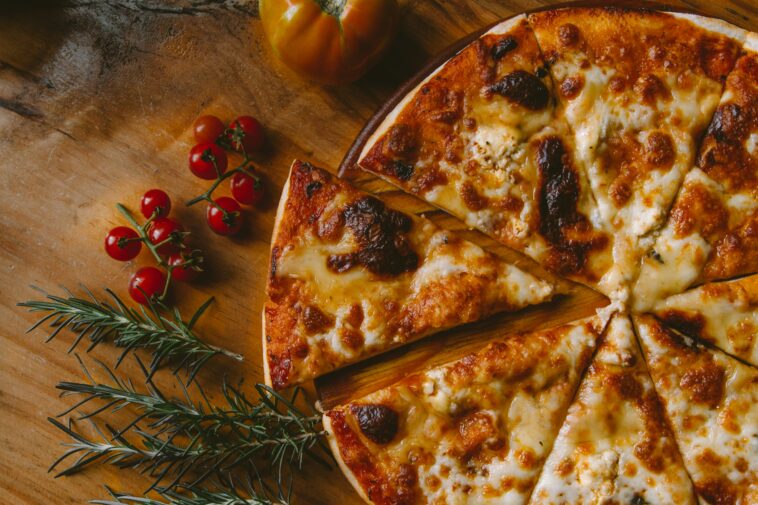Introduction:
French foie gras stands as a testament to the intersection of culinary artistry, tradition, and ethical considerations. Revered for its decadent taste and luxurious texture, this delicacy has been cherished for centuries as a pinnacle of French gastronomy. However, its production methods, particularly the practice of gavage, have sparked contentious debates regarding animal welfare and ethical consumption. This article delves into the multifaceted landscape of French foie gras, exploring its cultural significance, production processes, ethical dilemmas, and the quest for sustainable solutions in the modern culinary world.
Cultural Heritage:
Foie gras holds a revered place in French culinary tradition, symbolizing indulgence, sophistication, and culinary mastery. From ancient civilizations to royal courts and contemporary dining tables, it has remained an enduring symbol of gastronomic excellence. Regional variations in production techniques and flavor profiles add to its cultural richness, with each terroir contributing its unique nuances to the art of foie gras craftsmanship.
Production Methods:
Central to the production of foie gras is the controversial practice of gavage, in which ducks or geese are force-fed a specialized diet to enlarge their livers. While this method has been refined over centuries and is defended by proponents for its culinary necessity, it has also drawn criticism from animal welfare advocates and consumers concerned about the well-being of the birds. As a result, the industry is faced with the challenge of balancing tradition with ethical imperatives in the pursuit of responsible production.

Ethical Considerations:
The ethical debate surrounding foie gras production centers on the perceived cruelty of force-feeding and its impact on animal welfare. Critics argue that gavage causes undue stress, discomfort, and health issues for the birds, violating principles of compassion and respect for sentient beings. In response, initiatives promoting transparency, accountability, and humane farming practices have emerged, seeking to address these concerns while upholding the integrity of foie gras production.
Sustainability and Innovation:
Innovative approaches to foie gras production offer potential solutions to ethical and environmental challenges. Producers are exploring alternative methods, such as cage-free farming, natural feeding regimes, and non-invasive techniques, aimed at minimizing stress and optimizing animal welfare. Furthermore, advancements in agricultural technology, nutrition science, and veterinary care are paving the way for more sustainable and responsible practices within the industry.
Culinary Excellence and Consumer Choice:
Despite ethical controversies, foie gras continues to captivate palates and inspire culinary creativity around the world. Its versatility in both traditional and avant-garde dishes underscores its enduring appeal to chefs, gourmets, and food enthusiasts. However, as consumers become increasingly conscious of ethical and environmental considerations, the demand for ethically produced foie gras is driving a paradigm shift in the industry, reshaping the way it is produced, marketed, and consumed.
Conclusion:
French foie gras embodies the complex interplay between tradition, innovation, and ethics in the realm of gastronomy. Its rich cultural heritage, culinary artistry, and ethical dilemmas reflect the broader tensions between tradition and progress in contemporary society. As the industry grapples with these challenges, the quest for sustainable solutions and ethical stewardship will be essential in ensuring the continued enjoyment of foie gras while respecting the values of compassion, responsibility, and culinary excellence.

